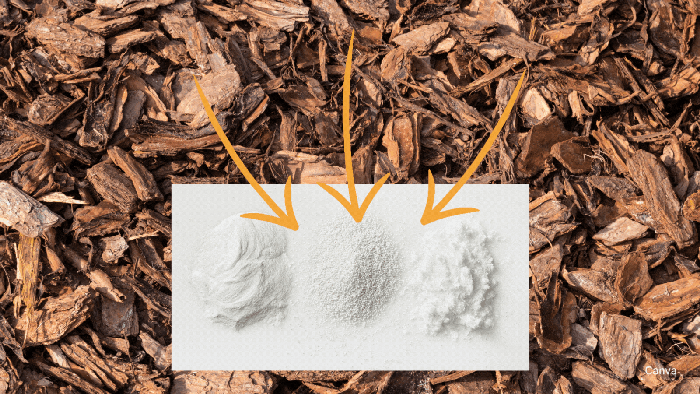Sponsored By
Packaging
thumbnail
Biopolymers
Bioplastic, Meet Woody BiomassBioplastic, Meet Woody Biomass
Nordic Bioproducts Group and PTT MCC Biochem partner to add cellulose in bio-based plastic.
Sign up for the PlasticsToday NewsFeed newsletter.

Nordic Bioproducts Group and PTT MCC Biochem partner to add cellulose in bio-based plastic.